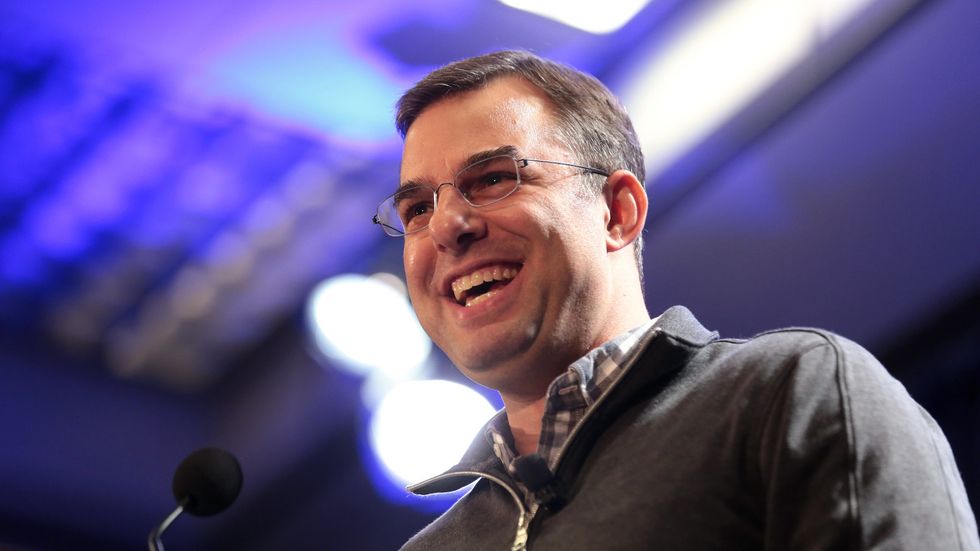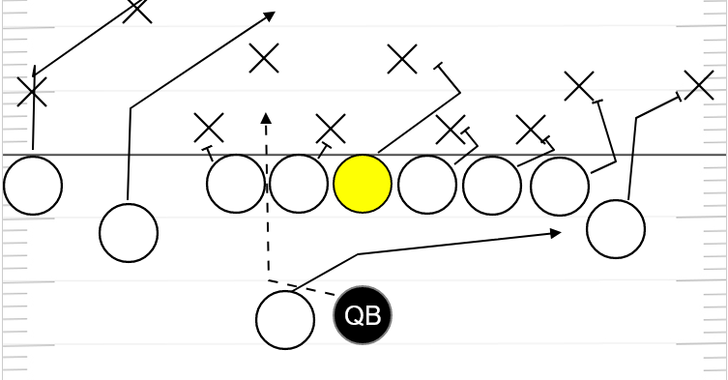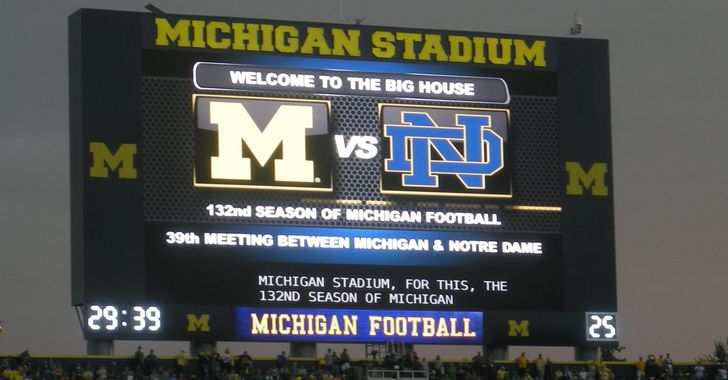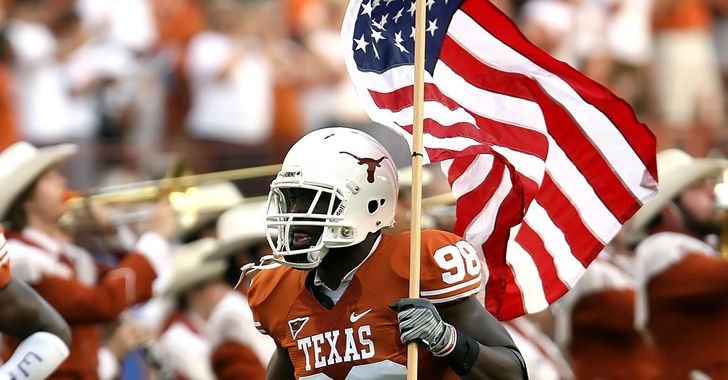In April, Congressman Justin Amash, who represents the third congressional district of Michigan, which contains much of Grand Rapids, announced he would consider seeking the Libertarian Party nomination for president of the United States.
Among the reasons he cited was a desire to sustain "democracy" and a "representative government" in light of him losing faith that the current Republican Party was still committed to upholding those ideals. Many well-known Democrats, like former Missouri Sen. Claire McCaskill, have stated that Amash's candidacy may take anti-Trump votes away from Biden. Trump himself acknowledged that possibility when he tweeted a comparison between Amash and Jill Stein, the 2016 Green Party presidential candidate who received more than Trump's margin of victory over Hillary Clinton in multiple swing states.
However, if anything, it is Trump and the GOP who should be concerned about Amash's candidacy, as it could serve as a spoiler for them in the all-important swing state of Michigan.
In 2016, Trump defeated Clinton in Michigan by an extremely slim margin, a little under 11,000 votes, or about 0.3 percent of the Michigan electorate. In contrast, Amash won nearly 170,000 votes in his Congressional victory in 2018. Furthermore, as was abundantly clear by Gary Johnson's formidable 9 percent of the vote (more than 75,000 votes) in New Mexico (where he was Governor from 1995 to 2003) and Jill Stein winning almost 50,000 votes in Massachusetts, third-party candidates have a history of doing well in their home states.
While it is obvious that Amash has little chance of actually winning the presidency, if Amash can get even a small fraction of the votes in 2020 that he received in 2018, he could easily take one candidate's victory and give it to the other.
However, who will Amash help and who will he hurt? While it is impossible to come to any definitive conclusions right now due to factors such as voter turnout uncertainties related to COVID-19, it is possible that Amash will mainly take Republican votes away from Trump. According to experienced GOP politicians and political operatives, while Amash may have "burned a lot of bridges with the Republican Party in West Michigan" when he left the party in 2019, he has cultivated good relationships with his constituents, relationships that could translate into votes for president.
Since Amash was once a Republican, pro-Amash constituents will also likely still be Republicans, so, if not for Amash, they would have been more likely to vote for Trump, not Biden. This means that, if he becomes the Libertarian nominee, Amash could be more likely to steal away Trump's Michigan electorate as opposed to Biden's. In addition to Michigan, Amash's candidacy could also have an impact in states like Alaska and Arkansas, where libertarian candidates have done well in U.S. House and U.S. Senate elections in the past. Alternatively, Amash's electoral presence may have an influence similar to Ralph Nader's 2000 campaign, an influence that sways an entire national election.
As of right now, Amash has flatly rejected allegations that he could be a spoiler candidate. In his words, he has compared the spoiler label to "voter suppression" by trying to keep him off the ballots, something that he has also called "ridiculous" and "un-American." In a recent interview with the Huffington Post, Amash made it clear that he was running to win and because he believes that there is a significant portion of the American electorate who, like him, are convinced that there is little difference between Biden and Trump, and that they are both unable to uphold the Constitutional principles that built this country. Additionally, while the case has been made here that Amash will hurt Trump more than Biden, this does not mean that conservative Democrats, particularly in Michigan, who were leaning Biden are not going to change their minds. There is even a possibility that Amash could hurt both candidates simultaneously by being so persuasive in his message that there isn't much of a difference between Biden and Trump that voters don't feel the need to choose or even vote at all.
The Democratic party is right to acknowledge Amash as a potential threat to their November presidential prospects. The Republican party may later regret their decision to not do the same. Overall, while the winner of the 2020 presidential election will almost certainly be either a Republican or a Democrat, it would be wrong to assume that Justin Amash is of little consequence here.









 Photo by
Photo by 









































